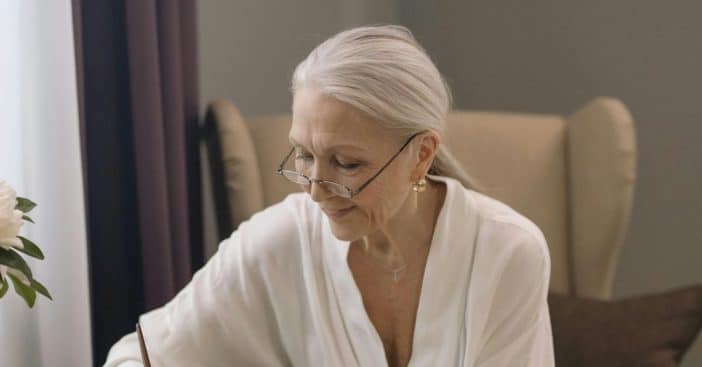
The concept of time means everyone alive is expected to age as the days go by, and this comes with changes as well. Growing older comes with its perks, as well as uncomfortable realities that society seems to shy away from or, conversely, glamorize. Thanks to a Quora community, a few older people on the internet were able to share what the reality is for them.
The space called “Aging With An Attitude” featured educational notes from its members, who held nothing back telling how their lives have been affected physically, emotionally, and socially due to growing older. They share the good, the bad, and the ugly of it all, and here are some highlights of the prominent takes:
Loneliness
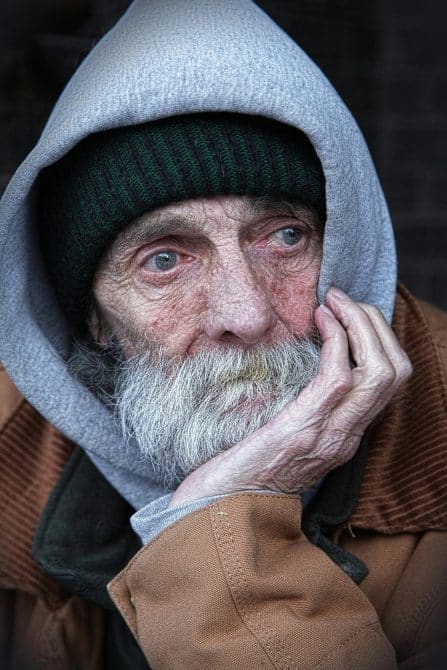
User Lilian Taylor, who comes “from a very large family, easily about 200 when counting both my father’s and mother’s sides,” said, “The hardest part of my getting older, now at 90, is being alone. Sometimes, when something happens today that excites me, I reach for the phone to call one or two of the sisters who are gone. And then I remember and put down the phone without dialing.”
RELATED: 83-Year-Old Beatles Rocker Ringo Starr Shares His Secrets To Healthy Aging
Michael Driessen advised people to enjoy the moment because things will change, and one might never see the same people anymore. “Those wonderful neighbors you used to do cookouts with? They moved to Florida, and you will never see them anymore,” they advised. “Casual conversations while you’re waiting in line at the grocery store? Forget it; everyone’s staring at their phone.”
Losing sense of self
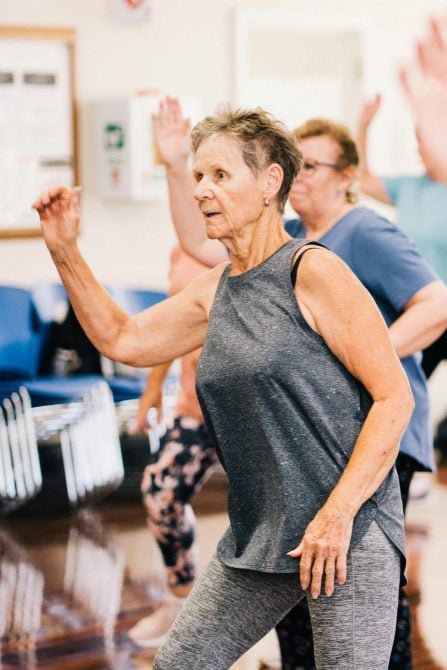
Robert Leonetti described the experience of aging as remaining the same as oneself, but the world sees you in a completely different way. “You age on the outside but forget to age on the inside…Imagine you wake up in the morning, look in the mirror, and see a 70-year-old ‘you’ looking back. How would you feel? That’s exactly like being old,” he said. “The person inside is still you. You haven’t changed your sense of self. You still expect the same things of yourself.”
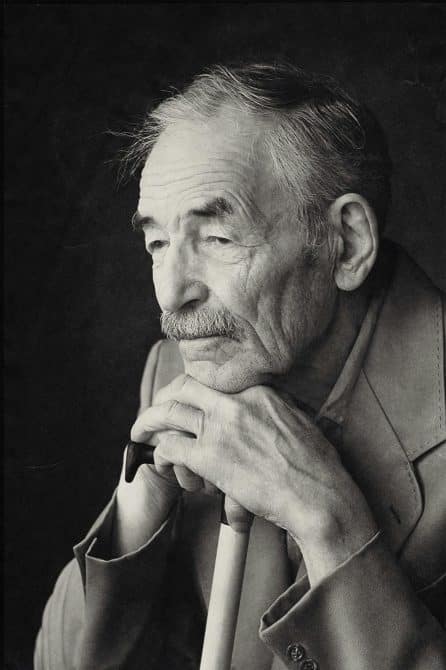
Louise Piper shares the same experience, noting that her “mind is in good shape” and she is “still interested in many things to learn, to travel.” However, she is not sure this body could keep up. “The hardest part for me is looking in the mirror. Maybe it’s vanity, but I miss seeing a youthful face. Now, wrinkles and spots have taken over,” she added.
Feeling invisible
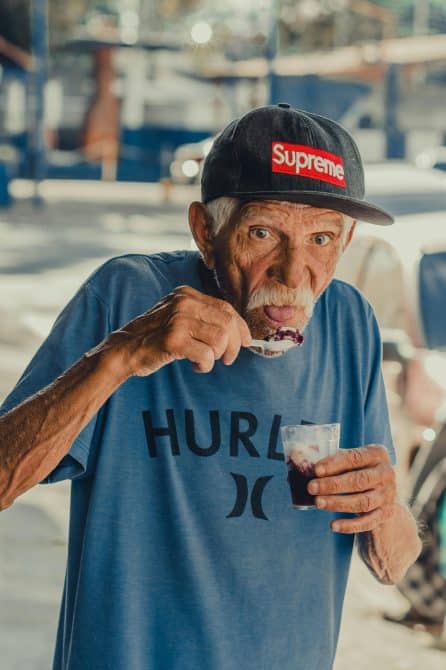
Cyndi Perlman Fink admitted to feeling “invisible to every man, woman, and child on the planet” because “no one wants to listen to an old person. Younger people want us to go away because they don’t want to look at their future. We thought we were always going to be young. We thought it was never going to happen to us, but it does. Sadly, it will happen to you, too.”
A user named Henry echoed a similar sentiment, saying, “Younger people today don’t want to be with the old folks; they would rather be with their phones. When I was young— I’m now 91, I loved being with old people, hearing stories, and learning from them.”
Grief
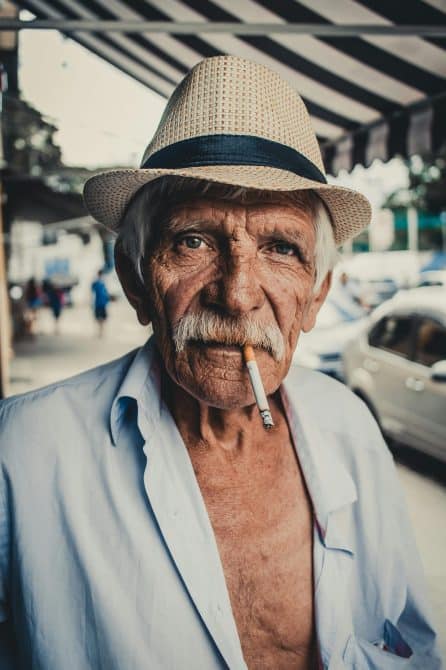
A morbid reality for elderly people is watching their loved ones pass away, particularly significant others. Anne H. wrote that “family, friends, and acquaintances drop dead all around you every few weeks/months. Grief is continuous with us. And the more people you know, the more often this happens. So try to treasure every person you know; any time you see them, it may be the last!”
The likes of Mark Stead and Joy Holt have not remained the same since losing their spouses. Mark witnessed his wife’s death to sickness and confessed that “life sucks” without her. He also pointed out that “watching the world get meaner sucks,” so he avoids the news. Joy, on the other hand, expects to die first and is “having such a hard time living without” her husband.
Physical and sexual decline
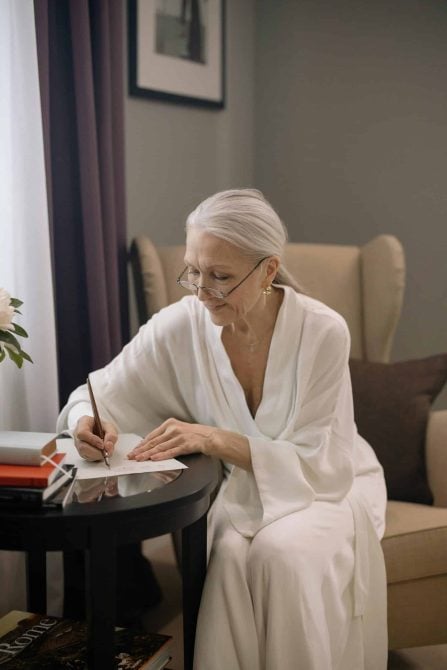
India J. Mitchell never imagined a time when men wouldn’t be obsessed with them and appreciate their beauty. “One of the most frustrating things about becoming an older woman is that you become almost ‘invisible’ to people, especially to most men. When we are young women (20s to 30s), men pay a great deal of attention to us because of how we look,” she said.
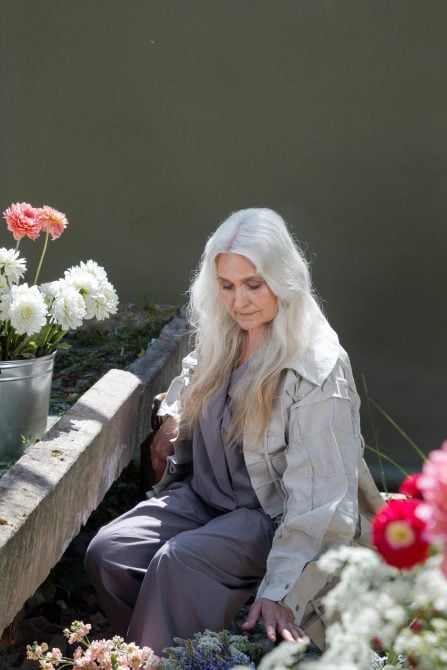
Elizabeth M. Chapman also has a hard time “doing exactly the same thing that’s never hurt before in your daily life,” as the little things in her routine now hurt. Seventy-three-year-old Melanie Procopia is also having a harder time seeing with some prints so small that she still struggles with a magnifier. “Forget night vision. I HATE driving at night. My eyes can’t adjust fast enough when an oncoming car has its headlights on,” she added.
